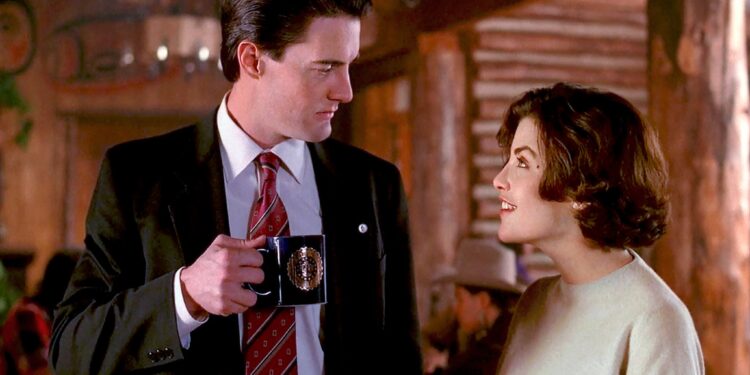When Twin Peaks premiered on ABC in April 1990, no one could have predicted the cultural shockwave it would ignite. Created by filmmaker David Lynch and television writer Mark Frost, the series took a simple premise—the murder of homecoming queen Laura Palmer in the small, sleepy town of Twin Peaks—and spun it into an avant-garde odyssey of mystery, memory, and madness. What started as a detective story became a surreal meditation on American suburbia, the supernatural, and the hidden darkness beneath idyllic facades.
Set against the misty forests of Washington State, Twin Peaks introduced viewers to FBI Special Agent Dale Cooper, whose intuitive sleuthing and love for cherry pie and black coffee made him an instant icon. But the town itself, filled with eccentric characters, cryptic clues, and haunted places, became just as central to the narrative. Each episode invited viewers deeper into a strange, dreamlike world where owls were not what they seemed and reality bent under the weight of secrets.
The show’s first season was a critical and ratings success, hailed for its originality and cinematic style. However, under network pressure to resolve the mystery of Laura Palmer’s death, the second season lost its narrative compass, and the show was canceled in 1991. Still, its impact endured, inspiring a generation of creators—from The X-Files to Stranger Things—and cementing its status as a cult phenomenon.
In 2017, Lynch and Frost returned with Twin Peaks: The Return, an 18-part revival on Showtime. Far from a nostalgic reboot, the series deepened its mythos and doubled down on its abstract, experimental tone. Fans were divided, but critics largely hailed it as a masterpiece of modern television—some even called it Lynch’s magnum opus.
More than three decades after its debut, Twin Peaks continues to fascinate. Its haunting score by Angelo Badalamenti, its quirky dialogue, and its commitment to mystery over resolution have kept audiences theorizing and rewatching. At its core, Twin Peaks is about duality—light and dark, dreams and nightmares, the known and the unknowable.
In an age of formulaic storytelling, Twin Peaks remains a reminder of television’s potential to be artful, unsettling, and utterly unforgettable. It didn’t just break the rules of TV—it rewrote them.
newshub



Recent Comments